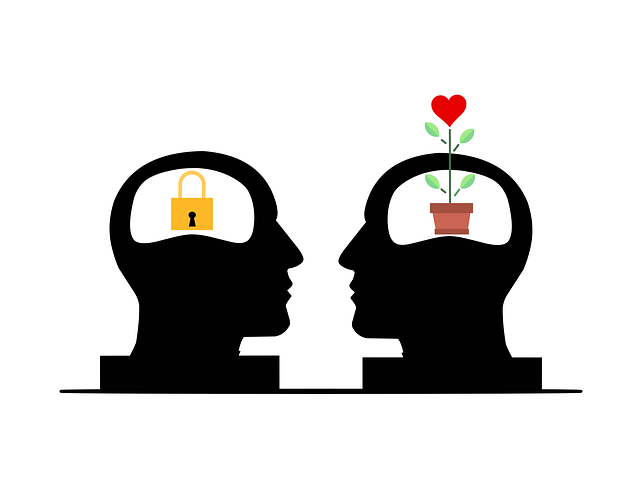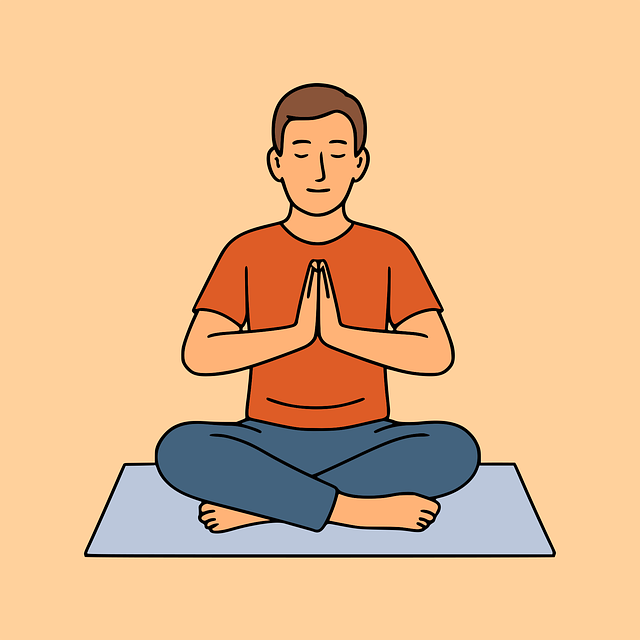Marketing mental wellness apps targeting gambling addiction among young adults requires understanding their unique challenges—impulse control issues, peer pressure, and easy access to technology. Emphasize app features like secure messaging, live chat, and gamified self-care modules for accessibility and anonymity. Promote coping skills development and trauma support through engaging content and interactive tools. Encourage self-care practices and provide recovery resources. Use social media, influencer partnerships, and online forums for multi-channel marketing. Track KPIs such as user engagement, download numbers, and retention levels to measure campaign effectiveness and refine strategies based on user feedback.
In today’s digital landscape, mental wellness apps are crucial tools for addressing emerging issues like gambling addiction among young adults. This article provides a comprehensive guide to developing an effective marketing strategy for such apps. We explore key steps including understanding your target audience – young adults struggling with gambling – crafting compelling value propositions, leveraging marketing channels, and measuring success. By integrating SEO keywords like ‘therapy for young adults gambling’, this resource aims to equip developers with tactics to reach and engage their niche market.
- Understanding Your Target Audience: Young Adults Struggling with Gambling Addiction
- Creating a Compelling Value Proposition for Your Mental Wellness App
- Marketing Channels and Strategies to Reach and Engage Your Target Market
- Measuring Success and Iterating Your App Marketing Strategy
Understanding Your Target Audience: Young Adults Struggling with Gambling Addiction

Understanding your target audience is a crucial step in developing an effective marketing strategy for mental wellness apps, especially when addressing niche concerns like gambling addiction among young adults. This demographic faces unique challenges that require tailored interventions. Many young adults struggle with impulse control and are more susceptible to developing addictive behaviors due to various factors, including peer pressure, easy access to technology, and the allure of instant gratification.
Marketing strategies for therapy apps targeting this audience should emphasize the accessibility and anonymity of digital support. Highlighting features like secure messaging platforms, live chat, or gamified self-care modules can appeal to young adults who may be reluctant to seek traditional face-to-face therapy. Promoting coping skills development and trauma support services through engaging content and interactive tools can empower individuals to take control of their mental health. Encouraging self-care practices and providing resources for gambling addiction recovery will better equip young adults to navigate their challenges effectively.
Creating a Compelling Value Proposition for Your Mental Wellness App

In today’s digital age, mental wellness apps offer a convenient and accessible way to support young adults navigating their emotional well-being. Crafting a compelling value proposition is key to attracting this demographic. Highlight how your app provides personalized therapy sessions tailored to common issues faced by young adults, such as stress, anxiety, and even gambling addiction. Emphasize the convenience of accessing professional help on-the-go, ensuring discretion and flexibility for busy schedules.
By positioning your app as a modern solution to burnout prevention strategies for healthcare providers’ patients, you tap into a growing need. Incorporate features that promote mood management and conflict resolution techniques, making it an all-in-one tool for holistic mental health care. This approach ensures your app stands out in a competitive market while directly addressing the needs of young adults seeking effective yet discrete support.
Marketing Channels and Strategies to Reach and Engage Your Target Market

Reaching and engaging your target market for a mental wellness app focused on therapy for young adults with gambling issues requires a multi-channel marketing approach. Social media platforms like Instagram, TikTok, and YouTube are powerful tools to connect with this demographic. Creating engaging video content that addresses common challenges faced by young adults struggling with gambling addiction can spark conversations and build trust. Influencer partnerships and targeted ads can further amplify your message within these communities.
Additionally, incorporating strategies such as mental wellness coaching programs development and self-esteem improvement workshops into your marketing mix can attract users looking for holistic solutions. Leveraging online forums and support groups focused on reducing mental illness stigma is another effective way to engage potential users who might be hesitant to seek help due to societal perceptions. By combining these marketing channels, you can create a comprehensive strategy that resonates with young adults seeking therapy and fosters a sense of community around mental wellness.
Measuring Success and Iterating Your App Marketing Strategy

Measuring success is a vital component of any app marketing strategy, especially for mental wellness platforms targeting young adults grappling with issues like gambling. By setting clear KPIs (Key Performance Indicators), such as user engagement rates, download numbers, and retention levels, developers can gauge the effectiveness of their campaigns. For instance, tracking the number of users who complete initial self-awareness exercises within the app provides insights into its appeal and potential therapeutic value.
Iterating your marketing strategy based on these metrics is crucial for improvement. If data reveals a high dropout rate during specific therapy modules, this could indicate a need for refinement or a shift in approach. Incorporating user feedback through surveys or reviews further enhances understanding of what resonates with the target audience—young adults seeking emotional healing processes and mental health awareness. This iterative process allows developers to continually enhance their app, ensuring its relevance and appeal in a competitive market.
Developing a targeted marketing strategy for a mental wellness app focused on young adults struggling with gambling addiction is key to its success. By understanding your audience, crafting a compelling value proposition, and leveraging effective marketing channels, you can reach and engage those in need. Measuring the impact of your efforts through analytics allows for continuous improvement. Remember, providing accessible and tailored therapy for young adults grappling with gambling addiction is not just a service—it’s a lifeline.














